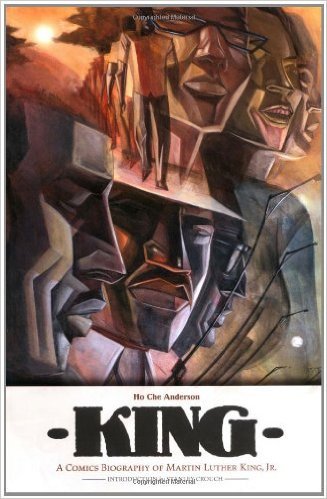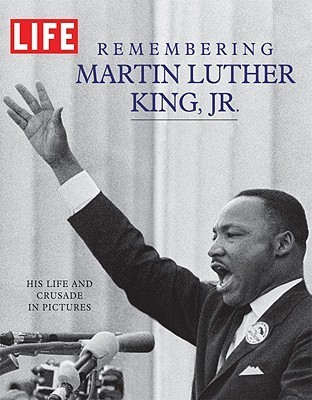
The Autobiography of Martin Luther King, Jr.
Book Description
A fragile dream emerged from the shadows of oppression, igniting a powerful movement for justice. This gripping autobiography captures the heart and soul of Martin Luther King Jr., a man who dared to dream of equality in an era of segregation and violence. Passionate speeches, bitter struggles, and profound relationships illuminate the extraordinary journey of a civil rights leader willing to lay down his life for a cause greater than himself. Each page resonates with the urgency of a time when hope battled despair. What does it truly mean to stand up and fight for justice in a world determined to tear you down?
Quick Book Summary
The Autobiography of Martin Luther King, Jr. is a vivid recounting of the remarkable journey of one of America's most influential civil rights leaders. Compiled from King's own writings, speeches, and interviews, the book maps his evolution from a young man in segregated Atlanta to the figurehead of a national movement for justice. King details the formative experiences—religious upbringing, education, spiritual awakenings—that fueled his philosophy of nonviolent resistance. The narrative chronicles iconic moments like the Montgomery Bus Boycott, the March on Washington, and his pivotal leadership in the Southern Christian Leadership Conference. In heartfelt prose, King confronts the hazards, setbacks, and triumphs that defined his pursuit of racial equality. Through personal insights and reflections, he reveals the sacrifices, faith, and hope that sustained the struggle, offering timeless lessons on justice, dignity, and perseverance.
Summary of Key Ideas
Table of Contents
The Roots of Nonviolent Philosophy
Born into a family deeply rooted in the Black church and the segregated South, Martin Luther King, Jr. explores the formative influences that shaped his worldview. His parents instilled in him values of dignity and faith, while the racial injustices he witnessed as a child planted seeds of compassion and resolve. King’s academic journey, especially at Morehouse College and Crozer Seminary, challenged him to confront complex moral questions, culminating in his embrace of Gandhian nonviolence as both a spiritual and tactical foundation for social change.
Leadership in the Civil Rights Movement
King’s rise to prominence occurs amidst the seismic Montgomery Bus Boycott, sparked by Rosa Parks’ arrest. Compelled by a strong sense of duty, King assumes leadership, channeling his oratory skill and organizational vision. The narrative captures the tension and hope as communities mobilize for equality, enduring threats, bombings, and arrests. King’s role as president of the Southern Christian Leadership Conference (SCLC) propels him into the epicenter of the national civil rights movement, coordinating campaigns in Birmingham, Albany, and Selma while refining a philosophy centered on love, justice, and redemptive suffering.
Confronting Sacrifice and Adversity
King’s journey is inextricably linked to profound personal and collective sacrifice. He recounts the constant dangers—harassment, imprisonment, and assassination attempts—endured by himself, his family, and fellow activists. Yet, these trials foster solidarity and deepen King’s spiritual conviction that suffering for a righteous cause has transformative power. The memoir also grapples honestly with moments of frustration and strategic failures, highlighting the emotional toll of leadership while underscoring the imperative of perseverance.
The Power of Collective Action
Central to King’s message is the transformative power of collective, nonviolent action. Through mass mobilizations like the March on Washington and the Selma to Montgomery marches, he demonstrates how disciplined activism can awaken the conscience of a nation. King’s iconic "I Have a Dream" speech embodies the movement’s aspirations, translating individual hope into an urgent call for systemic change. The book foregrounds the vital roles played by grassroots organizers, allies, and everyday people, emphasizing that lasting progress depends on widespread participation and unwavering commitment.
Legacy and Continuing the Dream
Reflecting on his achievements and unrealized goals, King urges future generations to sustain the fight for justice. He warns against complacency and reminds readers that the struggle for equality is ongoing, demanding persistent courage and faith. King’s autobiography concludes with an enduring message: that realizing the fragile dream of liberty and dignity requires both personal sacrifice and collective effort. His legacy remains a touchstone for all striving to create a more just and compassionate world.
Download This Summary
Get a free PDF of this summary instantly — no email required.





